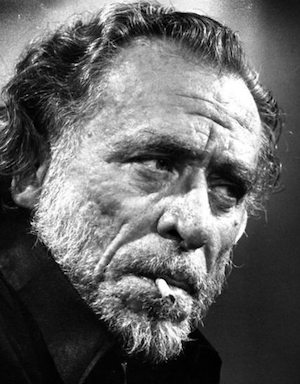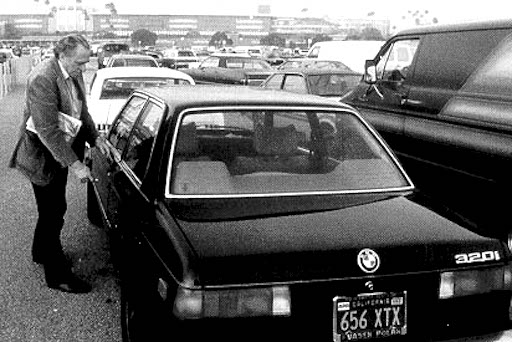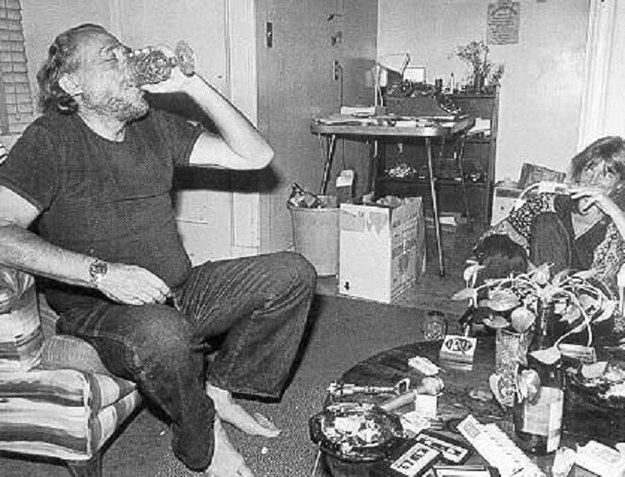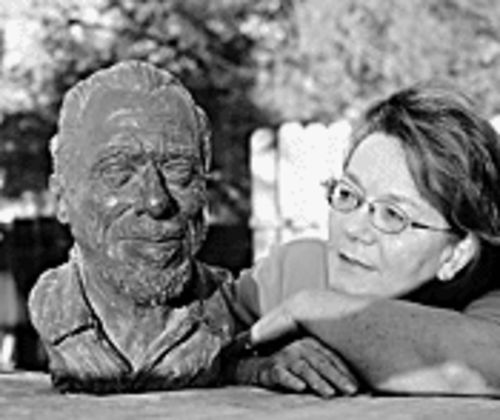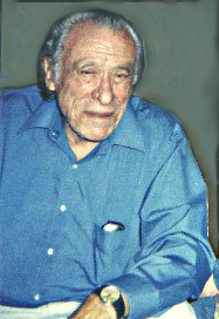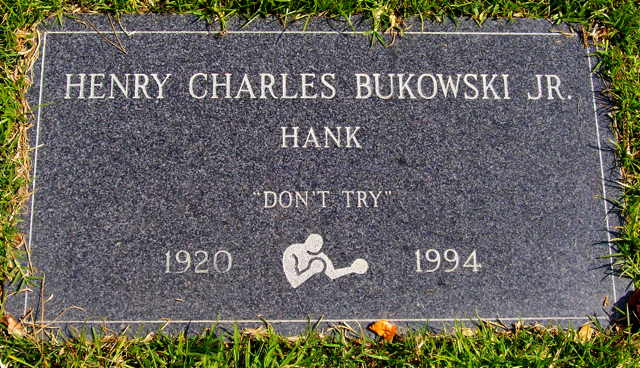Charles Bukowski: Slacker, Drunkard, Misanthrope, Poet, Artist, Hero.
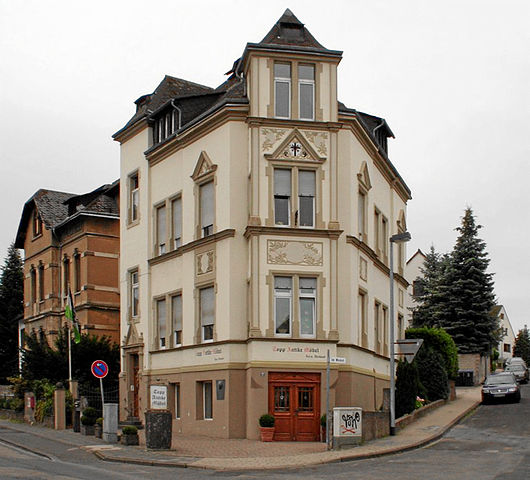
Heinrich Karl Bukowski was born in Andernach, Germany on August 16, 1920. Andernach is a small German town located on the Rhine River, between Bonn and Koblenz. Bukowski’s father, also named Heinrich Karl Bukowski was a sergeant in the US Army of occupation following World War One. He met and impregnated Bukowski’s mother Katerina Fett in late 1919 and their marriage would not occur until July of 1920, one month before the birth of their son
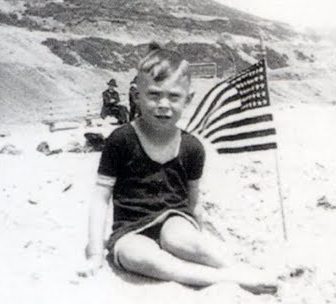
The Bukowski’s settled briefly in Baltimore where they Anglicized their names before saving enough money to relocate to Los Angeles, where Bukowski’s father was born and raised. Bukowski’s paternal grandparents were separated, his grandfather a successful carpenter plagued by alcoholism. The extended family was quite dysfunctional with siblings harboring deep resentment for each other.
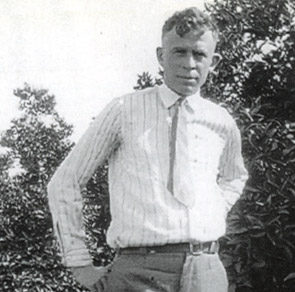
This dysfunction also plagued Bukowski’s relationship with his father, who beat him from a young age and was generally cold and hostile. The family would come to reside in a typically modest home in a central Los Angeles neighborhood at 2122 Longwood Avenue. Bukowski spent a great deal of time describing his painful and difficult childhood and he would refer to this address as the “the house of agony.”
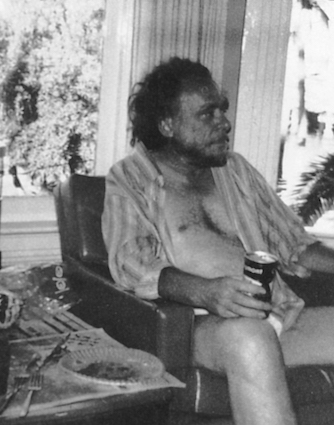
Bukowski would publish his second novel, Factotum, in 1975. This novel was an autobiographical account of Bukowski’s menial work career as a younger man. It would be reviewed in the New York Times, the last sentence even comparing it favorably to Orwell’s “Down and Out In London and Paris.” His column remained a longtime weekly feature of the Los Angeles Free Press after Open City folded and his works were featured across the literary spectrum from Black Sparrow to various pornographic magazines that to Bukowski were merely sexually graphic hackwork written for a buck.
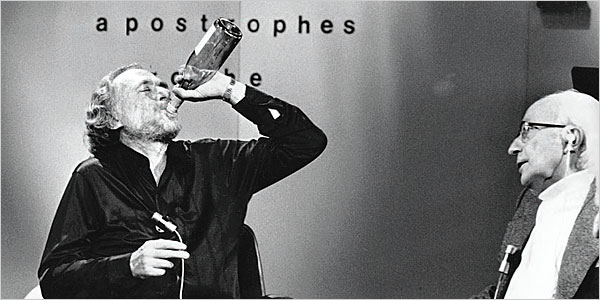
While still an underground figure in the US, Bukowski’s stature in Europe was underlined by his October, 1978 appearance on such programs as the French intellectual television show Apostrophes, hosted by Bernard Pivot. The central guest around a roundtable of celebrities, Bukowski was drinking wine out of the bottle and quickly got involved in a profane, drunken exchange with the host. Mid-show, he decided that the interview was a waste of time and staggered out, propping himself up on the head of one of the other guests as the audience looked on with amused incredulity.
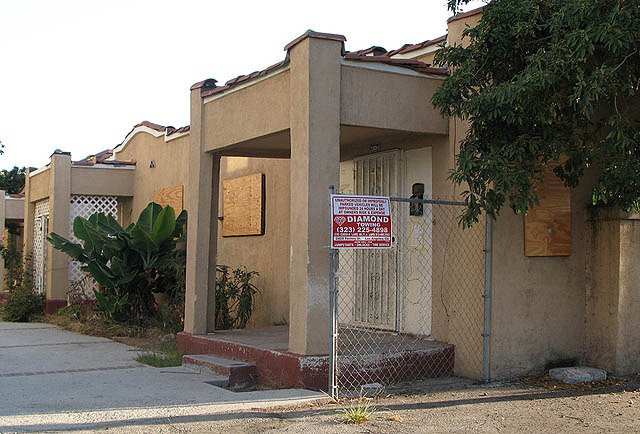
Owners attempted to demolish the entire court where several older central Los Angeles dwellings, including Bukowski’s, stood. A lengthy process began to save the structure, ultimately successful, despite the potential developer’s claims that Bukowski was among other things, a sexual degenerate, an abusive drunkard and an anti-Semite, Nazi sympathizer.
Podcast: Play in new window | Download
Subscribe: RSS

